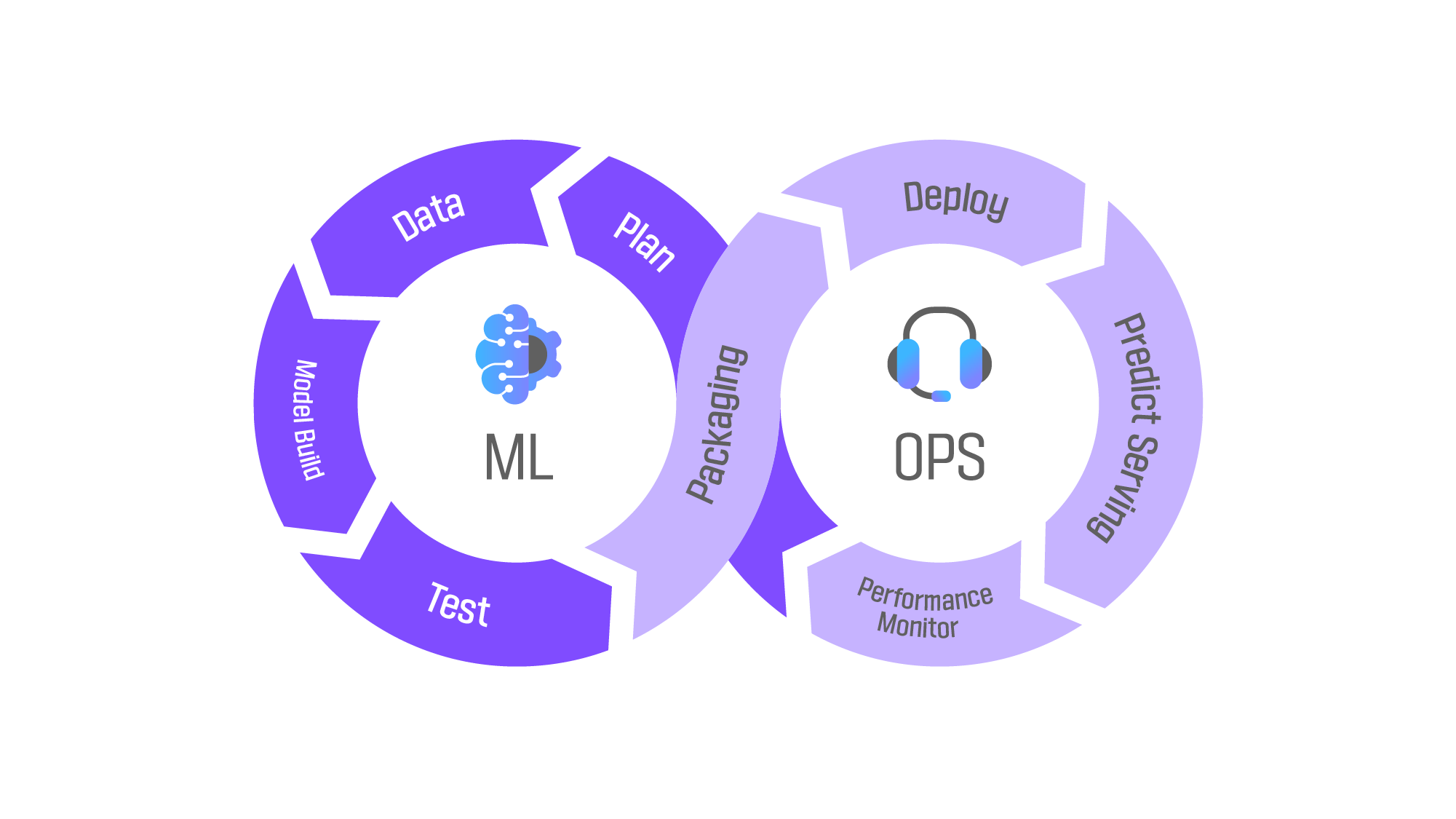Offshore software development is a form of outsourcing where companies engage third-party software providers located in distant countries to handle complex programming tasks for their projects. For instance, a US-based company may choose to hire a software development company in Vietnam to manage their project.
Advantages of Offshore Software Development:
Lower Costs
One of the primary reasons companies opt for offshore software outsourcing is the cost advantage provided by lower labor rates. This approach allows significant savings in terms of both time and money while maintaining project quality.
When embarking on a software development project, cost reduction becomes a paramount consideration. For US-based companies, offshore countries such as India, China, Ukraine, and Vietnam offer labor at lower rates compared to their domestic developers.
Consequently, offshore software companies can provide services at a reduced cost compared to what would be charged in the client’s home country. By opting for offshore software development, companies can achieve cost savings without compromising the quality of their projects or the level of expertise involved.
Cost-effectiveness in the era of COVID-19 has become even more crucial and practical for businesses. The pandemic has profoundly impacted the market and its operations, leading to increased demand for businesses and brand companies to leverage technology. This enables them to effectively manage and maintain their operations while staying competitive in the market.
On Demand Access to Knowledge and Expertise workforce
The field of technology is constantly advancing, driving the demand for IT experts. Various technology domains, including data science, Big Data, Artificial Intelligence, DevOps engineering, and emerging programming languages, are experiencing a shortage of skilled IT specialists.
When faced with challenges in hiring IT specialists locally, turning to offshore development teams can be an excellent solution. Offshore teams can help address the scarcity of IT professionals and alleviate the burden of maintaining and staffing in-house development teams once projects are completed.
These offshore development teams possess world-class expertise and extensive experience in these specialized fields, enabling them to deliver knowledge-intensive services through offshore outsourcing contracts.
Concerns regarding the quality of offshore software developers are understandable, but the reality is far from disappointing. Each year, numerous highly educated software developers graduate from renowned institutions. Prominent offshore software development countries such as Vietnam, Ukraine, India, and China have made significant investments in education, particularly in the IT industry. Many schools and educational institutions offer specialized courses tailored to develop a larger pool of skilled software developers.
These investments aim to increase the quantity and quality of IT professionals within these countries, effectively addressing the shortage of talent domestically while also providing high-quality resources to the international market.
Time Savings
Meeting project deadlines is crucial in a competitive market, as delays can lead to significant losses in market share. Additionally, protracted project timelines can result in increased costs, making timely delivery essential for financial efficiency.
Undertaking a project from scratch entails numerous challenges, including the time required for hiring personnel, development, and deployment. This process can be stressful, particularly when faced with time constraints and limited resources.
Engaging offshore software companies with extensive project experience can expedite development processes and ensure adherence to project schedules. These companies possess valuable insights into development methodologies such as Agile and employ various software development tools. By leveraging these approaches, offshore teams facilitate timely project delivery while maintaining flexibility to accommodate changes and continuously improve.
Furthermore, one notable advantage of collaborating with an offshore software development company is the opportunity to work with a team in a different time zone. This time zone difference can offer a distinct advantage, enabling your project to reduce its time-to-market by leveraging overlapping working hours and maximizing productivity.
Shared responsibility
Entering into a contractual agreement with offshore software companies establishes a mutually beneficial partnership, fostering a win-win relationship. In this collaborative arrangement, shared responsibility ensures the optimal quality of your product while offering your business opportunities for continuous transformation and growth.
Within the vast landscape of offshore software companies, each strives to deliver the highest quality services to their clients. When it comes to offshore software development, these companies prioritize the quality of software projects as a fundamental objective.
It is important to recognize that your concern for the end-results of the projects is shared by the offshore team. They are committed to mitigating risks, identifying and addressing bugs, and proactively managing potential project pitfalls. By diligently addressing these challenges, the offshore team aims to deliver work of superior quality, meeting or exceeding your expectations.
Experience
Reputable offshore software development companies have established extensive collaborations with numerous clients and partners, enabling them to work on diverse projects spanning various industries. This exposure has equipped offshore software companies with robust experience and a deep understanding of the field, allowing them to refine their technical expertise.
Their accumulated experience enables them to proficiently leverage suitable, adaptable, and emerging technologies for each project. Additionally, offshore software companies prioritize the ongoing training and skill enhancement of their software developers, ensuring a continuous pool of highly proficient experts available for your project. This commitment to skill development allows them to stay at the forefront of cutting-edge technology and deliver exceptional quality, setting you apart from competitors in the fiercely competitive business landscape.
Scaling the IT development team
In the course of a business’s development journey, there arises a need to scale resources up or down accordingly. The resource requirements for a business or software project may vary throughout different stages. At times, there may be a demand for a larger number of IT specialists to work on and develop the project. However, as the project progresses and reaches certain milestones, there may arise a need to reduce the size of the development team.
Managing the process of scaling up or down the development team can be complex and costly. It involves various considerations and challenges that may not be as straightforward as initially assumed.
Entrusting the responsibility of managing the development team to an offshore development center can provide significant time, cost, and energy savings in building and managing the team. How does this work? Upon establishing a partnership with an offshore company, the development team essentially becomes an extension of your own team. However, the offshore company assumes the responsibility of managing the development team on your behalf. This means that they can readily accommodate your requests to add or reduce staff based on your specific demands and requirements. By delegating this responsibility to the offshore development center, you can efficiently adapt your team size without the burden of navigating the complexities and expenses associated with resource scaling.
Reliability
The aspect of reliability, which may raise concerns for some, is in fact a defining characteristic of a trustworthy offshore software company. In the context of project execution, the reliance on legal contracts, such as agreements and non-disclosure agreements (NDAs), serves as a robust guarantee that your project is safeguarded and will be delivered within the agreed-upon timelines. These contractual documents provide a solid foundation for the protection of your project and contribute to fostering a strong sense of trust and confidence between your business and the offshore software company.
Disadvantages of Offshore Software Outsourcing
Language Barrier
In the realm of business transactions, English has emerged as the global language, facilitating effective communication and the exchange of ideas. However, despite a shared language, miscommunication can still occur, presenting a potential challenge during the working process. Such miscommunication can impede project progress, leading to increased time and cost expenditures, as well as other significant issues.
While various communication channels exist, including email, instant messaging, video calls, and virtual meetings, vital instructions and requirements can sometimes be overlooked or misunderstood. This can result in confusion and hinder the accurate interpretation of your intended meaning.
Therefore, it is essential to allocate ample time to develop a comprehensive plan and establish effective communication methods that ensure your development team fully understands the requirements and associated documents. By investing in a clear and robust communication strategy, you can minimize the risk of miscommunication and facilitate smoother project execution.
Different mindset
Cultural differences can give rise to challenging situations that require careful consideration. Recognizing and acknowledging these differences is instrumental in devising effective strategies for developing your project in alignment with the specified requirements.
These cultural differences can manifest in various aspects, such as gender, religion, culture, traditions, and more. Furthermore, they can also influence mindset and work ethics. While experienced companies with a substantial presence in the international market may have navigated these differences adeptly, it is advisable to conduct due diligence by reviewing their portfolios and seeking feedback from previous collaborators. This will help bridge the gap and provide a better understanding of how these cultural nuances may impact project dynamics.
Data Security
Offshore outsourcing presents a viable avenue for companies to achieve their business goals. However, when the need arises to share sensitive data with an external partner, it is crucial to establish a legally binding agreement that safeguards your data. Non-Disclosure Agreements (NDAs), Security Protocols, and other security documents serve as essential references in this regard.
Despite the existence of such security measures, unforeseen incidents can still occur. Even with the signing of legal security documentation, there is a risk of confidential data leakage resulting from cyberattacks. Such incidents are unexpected and can impact both parties involved.
Therefore, prior to finalizing a contract with a software outsourcing provider, whether onshore, offshore, or nearshore, it is imperative to engage in thorough discussions with your business team. Together, you can develop a comprehensive plan that includes clear guidelines and milestones for safeguarding your data. This approach enables you to delineate what information can be shared with the software provider and what data must remain strictly confidential.





2 Comments
Your comment is awaiting moderation.
Way cool! Some extremely valid points! I appreciate you penning this post and also the rest of the site is very good.
Your comment is awaiting moderation.
There’s definately a lot to find out about this topic. I like all the points you have made.
Your comment is awaiting moderation.
Your style is really unique in comparison to other people I’ve read stuff from. Many thanks for posting when you have the opportunity, Guess I will just book mark this page.
Your comment is awaiting moderation.
Howdy! I could have sworn I’ve been to this site before but after looking at some of the posts I realized it’s new to me. Anyways, I’m definitely pleased I discovered it and I’ll be bookmarking it and checking back often!
Your comment is awaiting moderation.
I was able to find good advice from your blog articles.
Your comment is awaiting moderation.
bookmarked!!, I like your site!
Your comment is awaiting moderation.
I really like it when individuals come together and share thoughts. Great blog, stick with it.
Your comment is awaiting moderation.
Aw, this was a very nice post. Finding the time and actual effort to create a very good article… but what can I say… I procrastinate a whole lot and never seem to get nearly anything done.
Your comment is awaiting moderation.
Hi! I could have sworn I’ve been to this site before but after browsing through a few of the posts I realized it’s new to me. Regardless, I’m definitely happy I discovered it and I’ll be book-marking it and checking back frequently!
Your comment is awaiting moderation.
Hello there! I could have sworn I’ve visited your blog before but after looking at a few of the posts I realized it’s new to me. Anyways, I’m definitely pleased I discovered it and I’ll be bookmarking it and checking back often!
Your comment is awaiting moderation.
I couldn’t refrain from commenting. Perfectly written!
Your comment is awaiting moderation.
I was very pleased to find this website. I wanted to thank you for ones time just for this wonderful read!! I definitely enjoyed every part of it and I have you bookmarked to see new stuff on your web site.
Your comment is awaiting moderation.
Great post! We are linking to this particularly great post on our website. Keep up the great writing.
Your comment is awaiting moderation.
Can I simply just say what a relief to uncover an individual who genuinely understands what they are discussing on the net. You definitely understand how to bring an issue to light and make it important. More people must look at this and understand this side of the story. I can’t believe you are not more popular since you surely have the gift.
Your comment is awaiting moderation.
I’m excited to find this site. I need to to thank you for your time for this fantastic read!! I definitely really liked every part of it and I have you bookmarked to check out new stuff on your website.
Your comment is awaiting moderation.
It’s nearly impossible to find well-informed people about this topic, but you sound like you know what you’re talking about! Thanks
Your comment is awaiting moderation.
Very good post. I’m dealing with many of these issues as well..
Your comment is awaiting moderation.
Good post. I learn something totally new and challenging on sites I stumbleupon every day. It will always be helpful to read through content from other writers and use something from their websites.
Your comment is awaiting moderation.
This site was… how do you say it? Relevant!! Finally I have found something that helped me. Appreciate it!
Your comment is awaiting moderation.
Great post. I am going through some of these issues as well..
Your comment is awaiting moderation.
You have noted very interesting details! ps nice website..
Your comment is awaiting moderation.
You really make it seem really easy together with your presentation but
I in finding this matter to be actually one thing that I believe I would by no means
understand. It seems too complex and extremely huge for me.
I’m taking a look ahead in your next post,
I will try to get the hold of it! Lista escape roomów
Usually I do not read post on blogs, however I wish to say that this write-up very pressured me to try and do so! Your writing taste has been amazed me. Thank you, quite nice post.
Thanks for paying attention to our blog. Our consultation is free so you can leave your questions here and we will try to answer them asap.